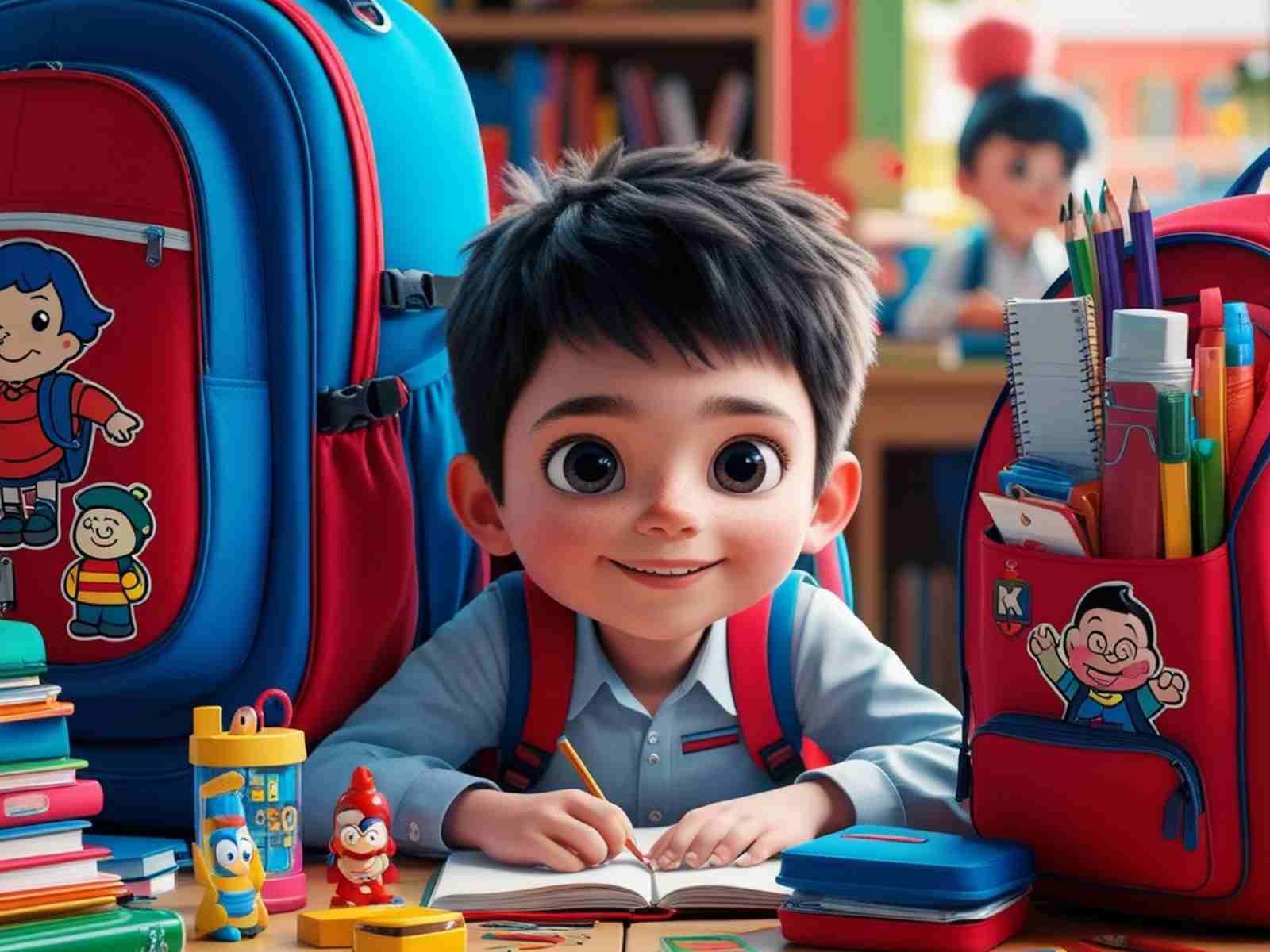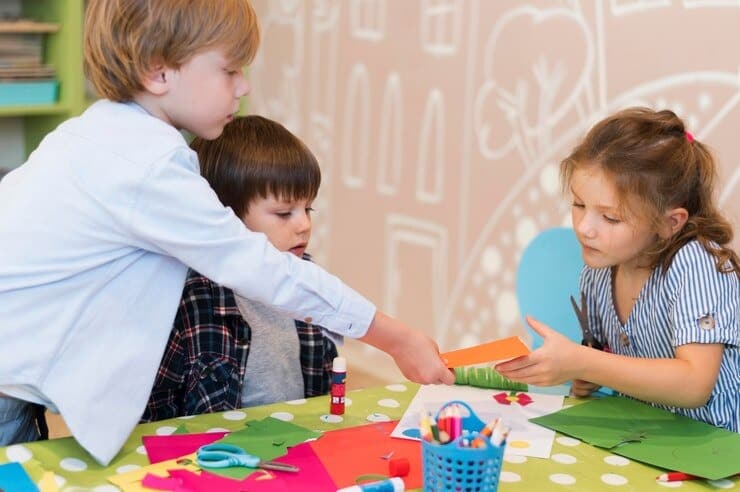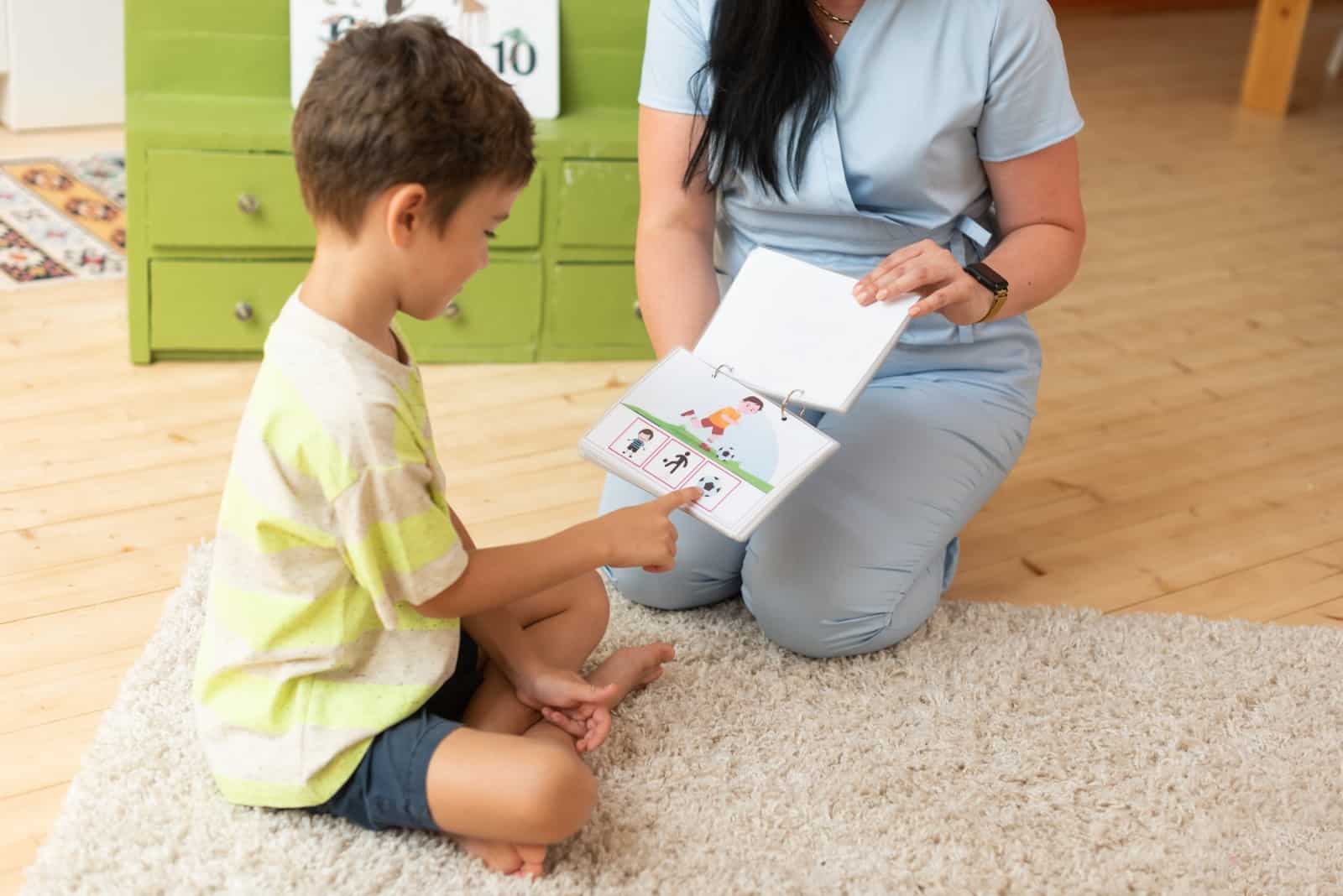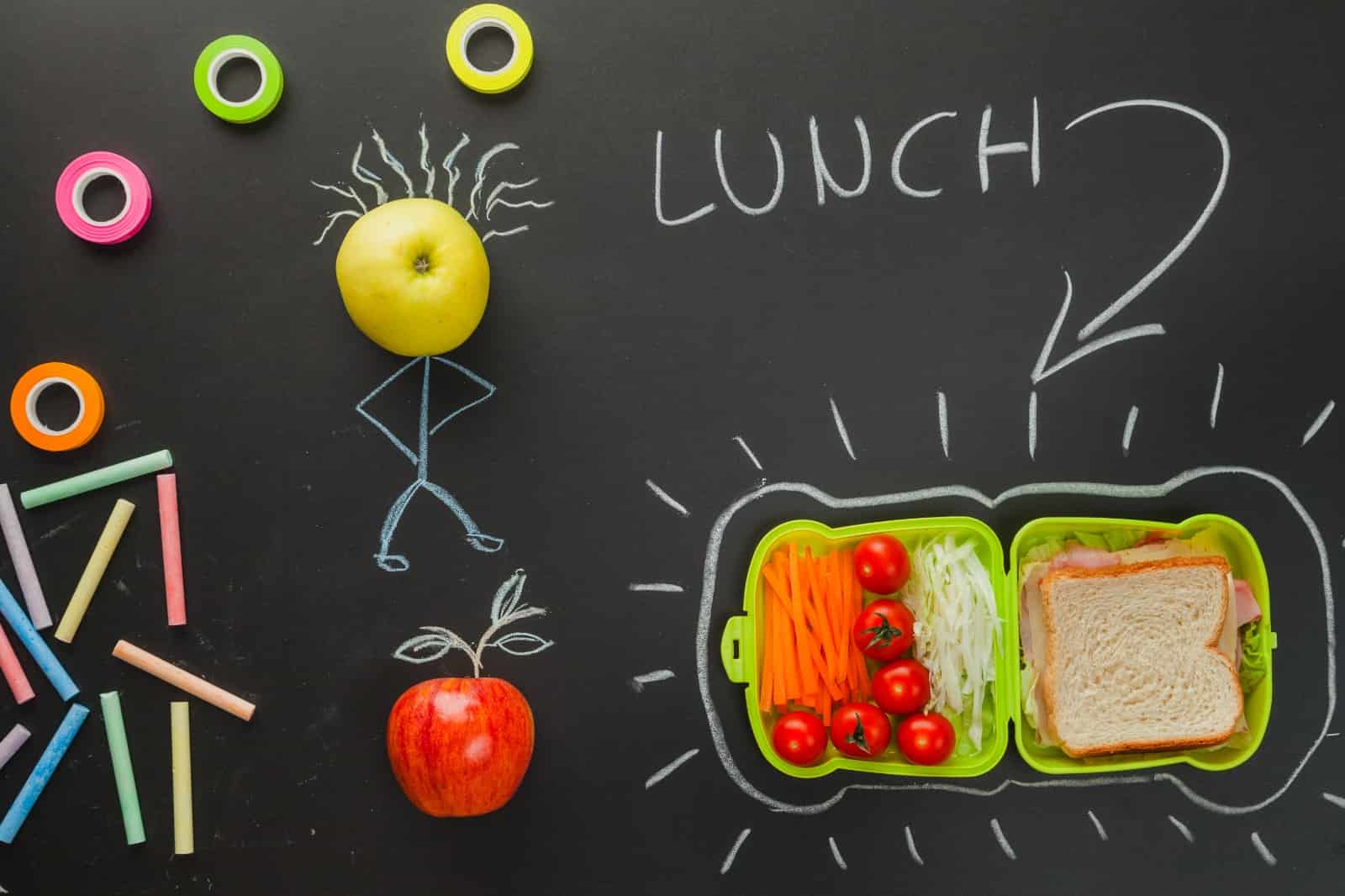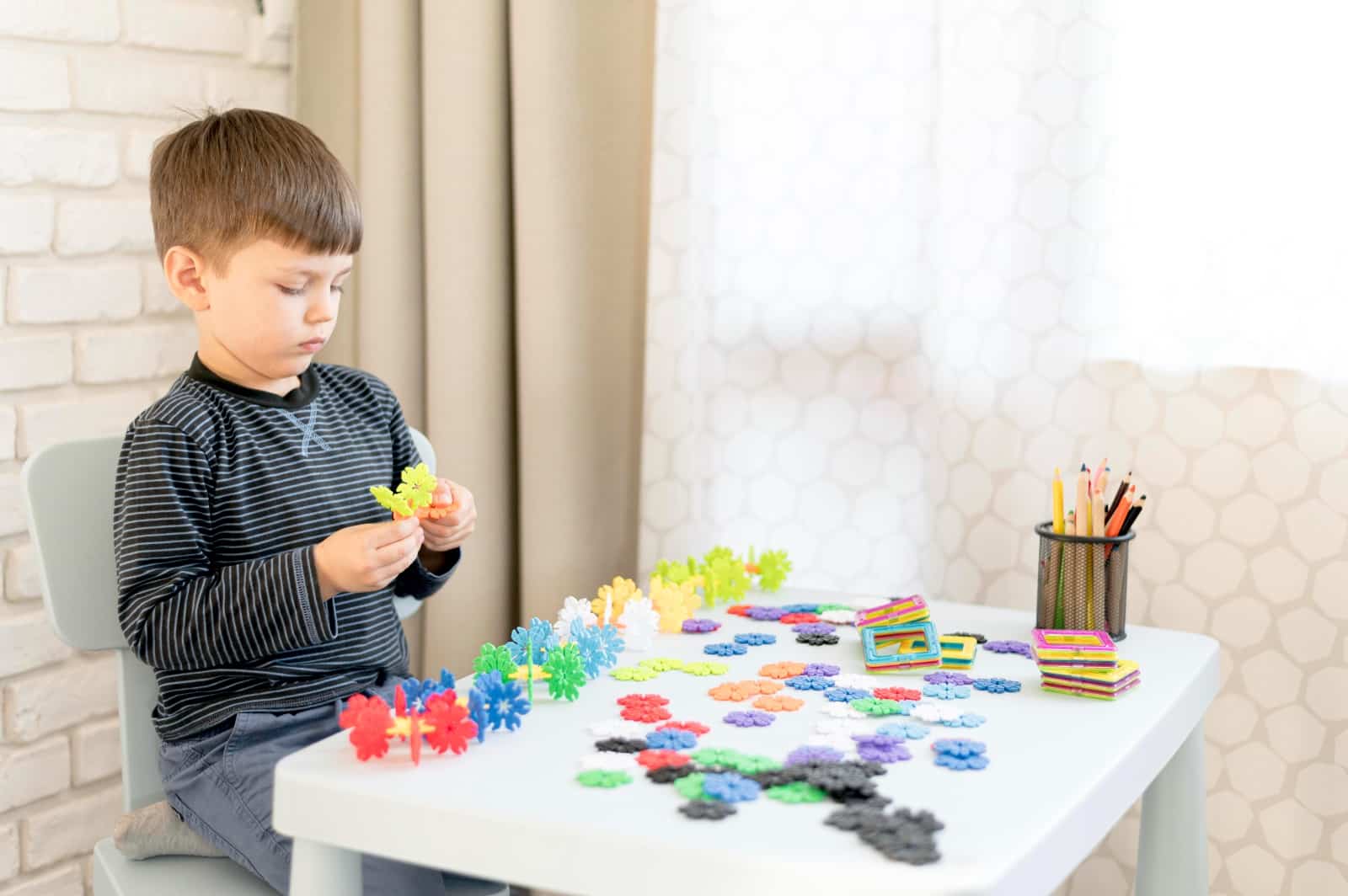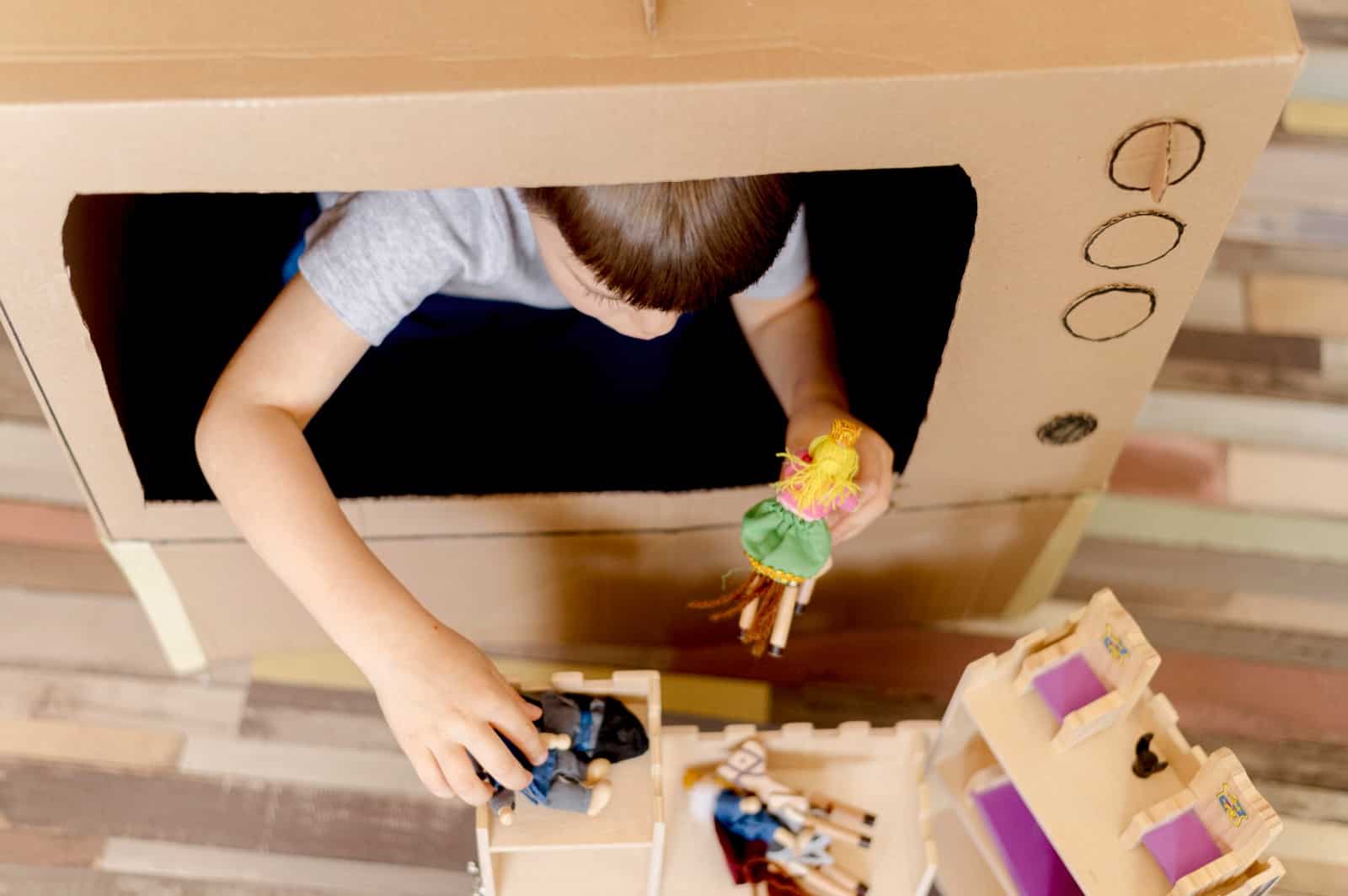Deciding when your child is ready for playschool can be a tough decision for many parents. Starting playschool is a significant milestone, and every child develops at their own pace. However, certain signs indicate your child might be prepared for this new adventure. If you are considering enrolling your little one in a playschool in Indore, here are five key signs to look out for:
Increased Independence
One of the first signs that your child is ready for playschool is a growing sense of independence. If your child is beginning to do small tasks by themselves, such as feeding, dressing, or picking up toys, they may be prepared for the structured environment of a playschool. This independence shows that they are comfortable being in a group setting without constant parental supervision.
Interest in Socializing
Does your child show interest in playing with other children or engaging with adults outside of the family? A readiness to interact with others is a crucial sign that they are prepared for the social environment of a playschool in Indore. Playschools provide children the opportunity to develop social skills like sharing, taking turns, and cooperating with others.
Ability to Follow Simple Instructions
Play schools often involve following simple instructions such as tidying up toys or lining up for activities. If your child can understand and follow basic instructions at home, they may be ready for the structured routines and rules of a playschool. This ability shows that they can adapt to group learning activities and maintain focus for short periods.
Separation Comfort
If your child can comfortably handle short periods away from you, they may be ready for playschool. Children who have already experienced being with a babysitter, a grandparent, or in a playgroup often adjust more easily to the separation that comes with attending school.
Curiosity and Enthusiasm for Learning
If your child shows an eagerness to learn, explore, and ask questions, it’s a good indication that they are ready for a playschool in Indore. Play schools provide a stimulating environment where children can discover new things, and if your child displays curiosity and excitement about learning new activities, they will likely thrive in this setting.
Recognizing when your child is ready for playschool is essential for a smooth transition. Look for signs of independence, social interest, instruction-following, comfort with separation, and curiosity. Once these signs are evident, you can confidently enroll your little one in a playschool in Indore to help them grow and develop in a nurturing, educational environment.


